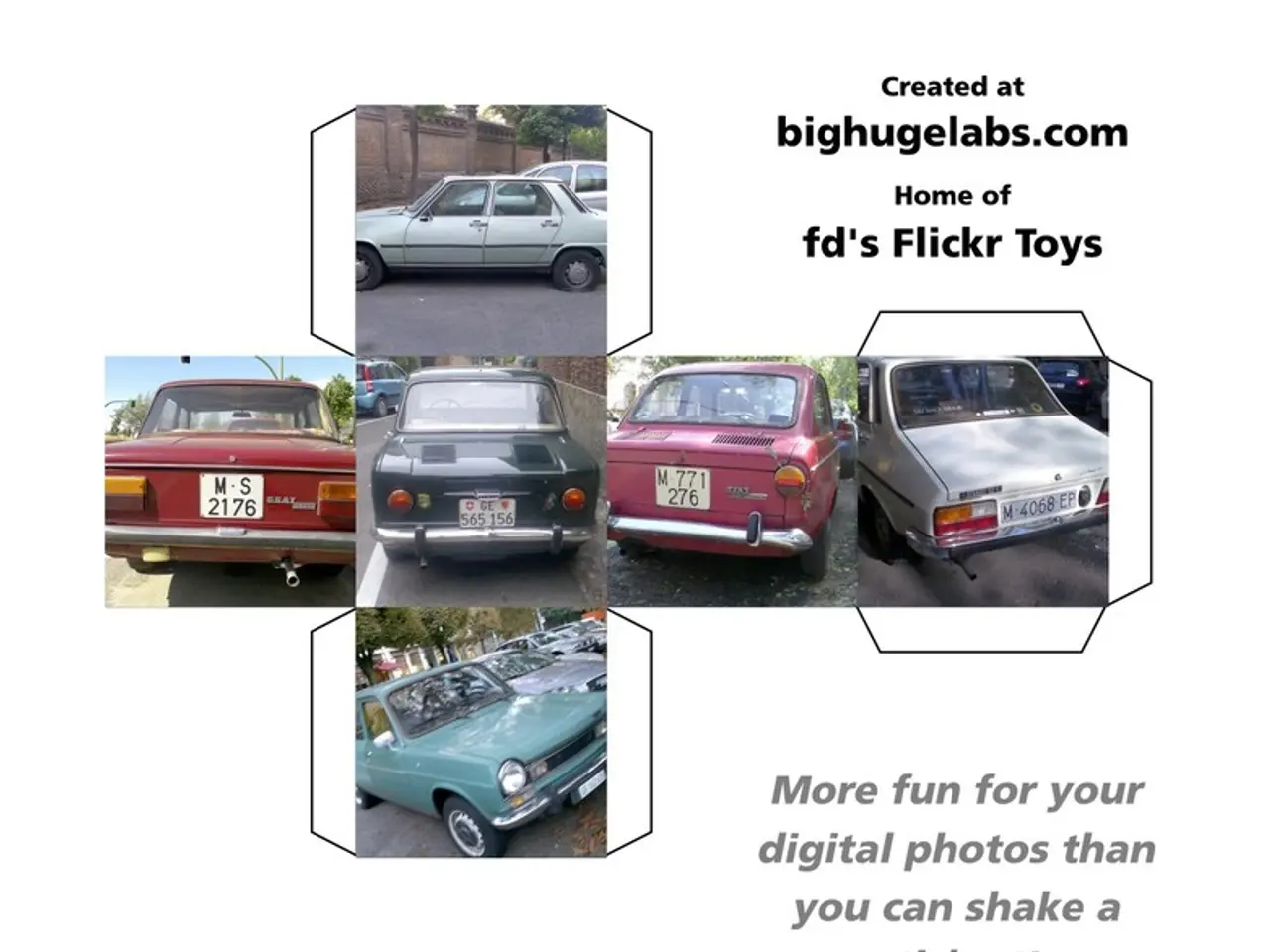Volkswagen contemplates implementing a four-day workweek
Volkswagen (VW) Plant in Wolfsburg Shifts Focus to Electric Vehicles
The Volkswagen (VW) plant in Wolfsburg, Germany, known for producing the iconic VW Golf since 1974, is undergoing a significant transformation. Starting from 2027, the plant will transition from manufacturing internal combustion engine (ICE) vehicles to focusing on electric vehicles (EVs).
The shift comes as VW aims to improve cost efficiency and capacity utilization, becoming a technology leader in EVs by 2030. Two of the four assembly lines in the main plant will be converted to VW's new SSP platform, with the plant ultimately planned to become a purely EV plant.
From 2027, the production of ICE-powered VW Golf and Golf Estate models will be relocated to the Puebla plant in Mexico. The historic departure of the VW Golf from Wolfsburg is expected in two years, a change that is causing concern among some employees.
The plant's transformation was the topic of a works meeting on June 3, led by VW's works council chairwoman Daniela Cavallo. Cavallo suggested that the plant could be underutilized for years after the rebuild starting in 2027. She recommended that employees work as many overtime hours as possible to fill their hour accounts before 2027.
The reduced assembly lines in Wolfsburg will focus on the new electric Golf, expected to launch around 2028, and other SSP-based models. The electric Golf will replace the ID.3 series and nameplate, and the plant will also produce the Cupra Born and future electric versions of the T-Roc and Tiguan, potentially including an electric Touran. Hybrid versions of the Tiguan will continue at Wolfsburg into the 2030s.
The VW plant in Wolfsburg is considered the backbone of VW's E-offensive, and the transformation of the plant into an electric hub is a significant ongoing topic of discussion. The collective agreements are designed to be forward-looking, aiming to keep net losses for employees as small as possible during the transition phase.
The plant's rebuild will focus on the new group-wide electric platform (SSP), and the electric models ID.3, Cupra Born, Tiguan, and the Tayron will be produced in Wolfsburg. The potential reduction of working days to four in 2027 is a concern for the employees at the VW plant in Wolfsburg, but Cavallo has not provided further details on this matter.
This plan marks a significant shift in Wolfsburg’s historic role as the Golf’s birthplace, now pivoting fully toward electric mobility. The transition reflects VW’s strategic restructuring to boost EV production and cost efficiency, a move that is expected to position the company well for the future of the automotive industry.
[1] BBC News [2] Reuters [3] Autocar [4] Car and Driver
- The Volkswagen plant in Wolfsburg, initially recognized for manufacturing combustion engine vehicles like the VW Golf, is now transitioning towards becoming an industry leader in electric vehicles (EVs), particularly focusing on finance and transportation's automotive sector.
- In line with Volkswagen's aim to become a technology leader in EVs by 2030, the plant in Wolfsburg is undergoing a transformation, where two of the four assembly lines will be dedicated to EV production, including the electric Golf, Cupra Born, T-Roc, Tiguan, and potential electric Touran models, signifying a significant shift in the automotive industry.




